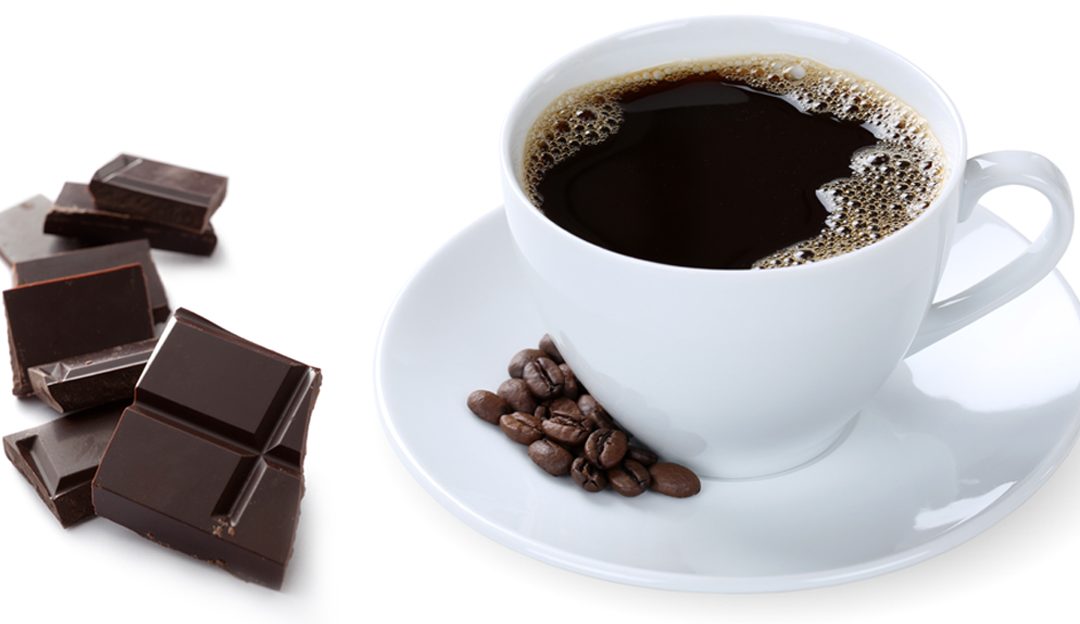As we’ve learned, each particular taste influences us in many ways, creating either therapeutic or unbalancing actions in our system. Let us now explore the bitter taste, it’s various qualities, the role it plays in the digestive process, as well as the effects it has on our body, mind and spirit.
Some examples of foods and ingredients with a bitter taste:
- Vegetables: leafy greens, kale, collards, dandelion, arugula, watercress, eggplant, artichokes, jicama, endive, brussels sprouts, broccoli, rhubarb, rutabaga, fennel, red bell pepper, cucumber.
- Fruits: bitter melon and gourd, orange peel, grapefruit, lemon, plums.
- Herbs /Spices: turmeric, dill, safron, aloe vera, fenugreek, neem, basil, sandalwood.
- Nuts & Seeds: sesame seeds, acorn and pumpkin seeds.
- Other: coffee, dark chocolate, cacao, beer, green & black teas, molasses, barley, rye sesame and olive oils.
The bitter taste is antibacterial, antiviral, reduces fat and toxins and kills germs. When used moderately, in a small dose, it can relieve intestinal gas and works as a digestive tonic. It helps stimulate firmness of the skin and muscles, as well as relieves itching, swelling and burning sensations.
In addition, the bitter taste is anti-inflammatory, reduces fever, stimulates the nervous system and is cleansing to the liver. It also helps support the pancreas which is why bitter herbs are sometimes given to those with high blood sugar.
By itself, bitter can be nauseating. In excess, it can dehydrate, deplete the bodily tissues and cause dizziness, extreme dryness, roughness and emaciation. Overconsumption can reduce bone marrow and lead to osteoporosis, as well as limit sperm production.
Psychologically, the bitter taste can reduce desires, make the mind withdraw from the outer world of temptation and become more inwardly focused and introverted. It can promote clarity and introspection, as well as consciousness and self-awareness.
Emotionally, the bitter taste promotes a healthy detachment from worldly things. Too much bitter taste, however, can make a person cynical and boring. It can create isolation, separation and loneliness, as well as lead to rejection.
Please continue to watch this space as we conclude this series with the astringent taste.

